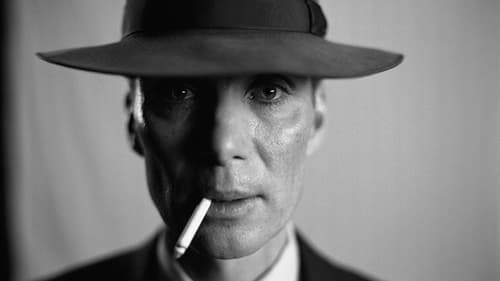Freeman Dyson
出生 : 1923-12-15, Crowthorne, Berkshire, England, UK
死亡 : 2020-02-28
略歴
Freeman John Dyson FRS was an English-American theoretical physicist and mathematician known for his works in quantum field theory, astrophysics, random matrices, mathematical formulation of quantum mechanics, condensed matter physics, nuclear physics, and engineering.

